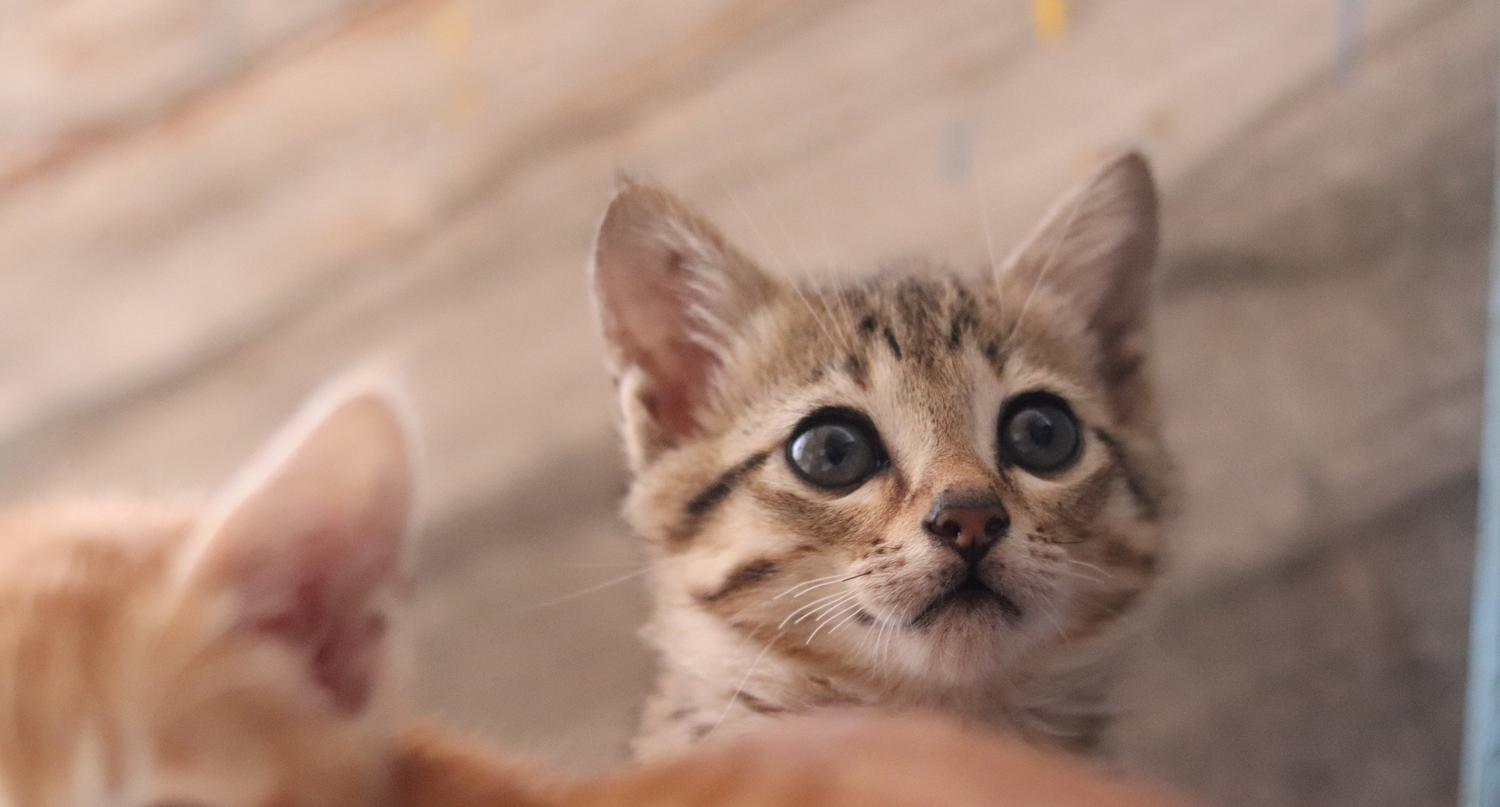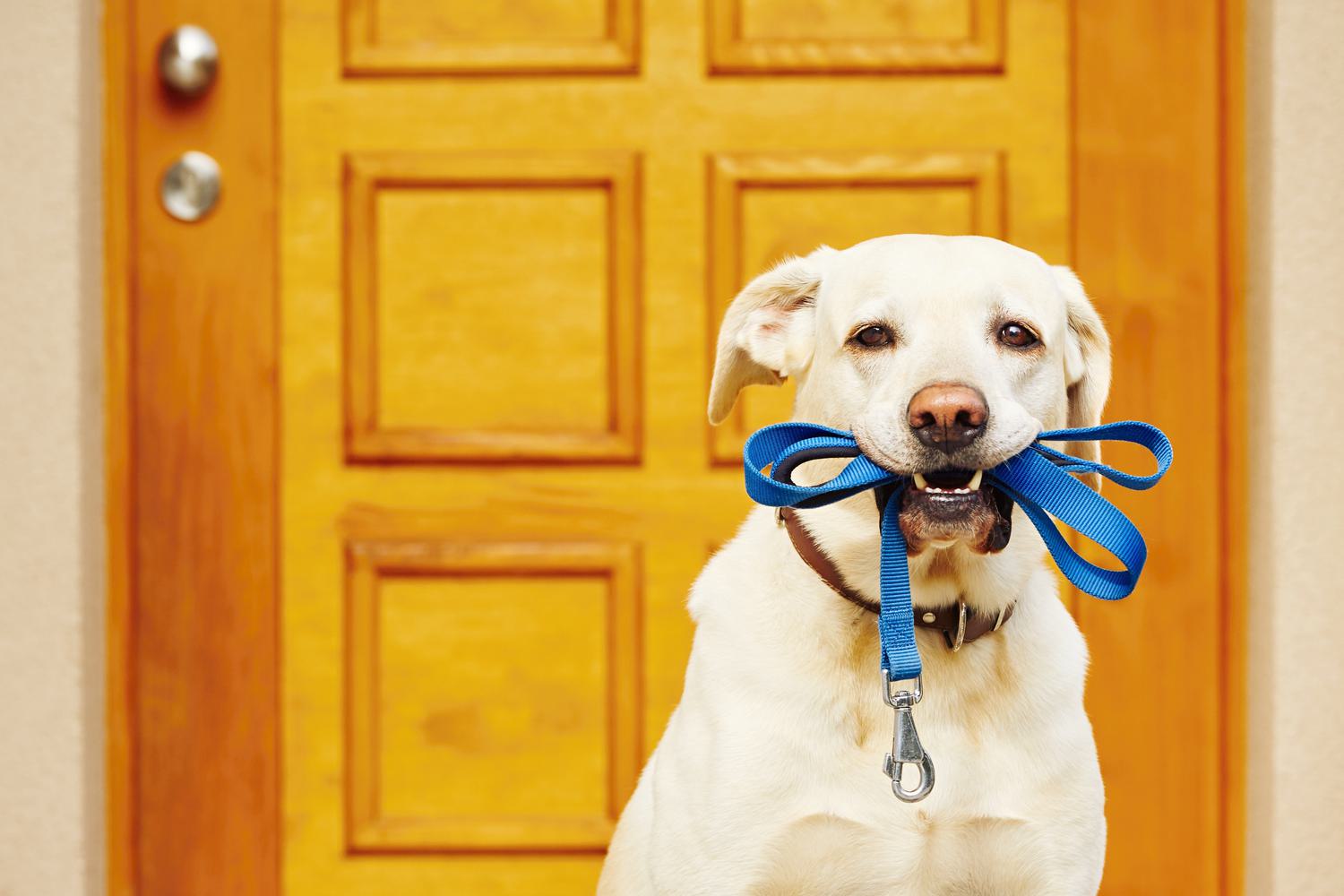If you are a pet owner, read on for tips on how to get your pet spayed/neutered, how to take care of your pet in the Cayman Islands, as well as advice for what to do in the event of a hurricane.
On This Page
Taking care of a pet on a Caribbean island may be a bit different to the everyday pet care you might be used to elsewhere - read on for our recommendations and handy tips.
Heartworm disease, is a deadly and endemic disease in Cayman caused by a blood parasite transmitted by mosquito bites. As it affects both cats and dogs, they should be on a monthly heartworm preventative treatment. It is a beef-flavoured chewable tablet containing an ectoparasiticide which kills fleas and ticks when they bite your pet.
Feline Leukaemia (FeLV) and Feline Immunodeficiency Virus (FIV) are viral conditions that spread from cat to cat. FeLV can be vaccinated against, however FIV cannot. Reduce the risk of FIV by spaying/neutering them, or better yet, keeping them indoors. Dogs should be vaccinated against Distemper, Parvovirus, Parainfluenza, Hepatitis and Leptospirosis. Dogs attending a daycare must also be vaccinated against kennel cough.
Salt Water can be toxic if your dog drinks a large quantity of it and can result in hypernatremia (an elevated sodium level). Prevent this by carrying a bottle of fresh water during beach walks. If you see signs of salt poisoning, including vomiting, diarrhoea, incoordination, severe depression and/or seizures, take your dog to a veterinarian. After swimming, rinse salt water and chlorine off your dog. If you take your dog on a boat, put a flotation device on them. Avoid letting dogs swim in swampy or canal water as they risk contracting Pythiosis – a rare and often deadly tropical disease.
Heatstroke can occur fast if you leave your pet in a car. Avoid long walks during the middle of the day, take breaks during walks and always have fresh water on hand. Asphalt gets extremely hot and sensitive paw pads can burn. Symptoms of heatstroke include heavy panting, vomiting and breathing difficulties. If you suspect your dog has heatstroke, take the animal to a vet immediately, as it could be fatal.
Insect stings are common here. Curious dogs can be stung by scorpions, bees and other insects. If you notice any swelling around your dog’s face, or other parts of its body, take it to a veterinarian as soon as possible.
Spay & Neuter
Spaying (female) and neutering (male) pets is strongly advised to not only reduce the number of stray, unwanted and homeless animals in Cayman, but also to improve your pet’s health, increase life expectancy, and behaviour. If you adopt a pet from the Humane Society, C.A.R.E. or One Dog at a Time, the cost of spaying or neutering and all inoculations is included in the adoption fee. If you acquire a pet from elsewhere but need financial assistance for spaying or neutering, the Humane Society or C.A.R.E. may be able to assist, otherwise it can be done privately at any veterinary practice.
Feline Friends operates a ‘Trap Neuter Return’ programme for free-roaming cats. The organisation will humanely trap cats and take them to a veterinarian, where they will be spayed or neutered, de-wormed and ear-notched (indicating that they have been sterilised). The cats will then be released back at the same location where they were trapped. This is a proven method of controlling the population of free-roaming cats whilst ensuring they receive a better quality of life. If you are aware of a colony of free-roaming cats in need, please email: felinefriendscayman@gmail.com and they will come out to assist. Donations to help their cause are always welcome.
Ticks & Fleas
Ticks and fleas can be a major problem in Cayman. This is particularly important since they easily transfer to dogs who bring them back into the home where these pests can take over. Both pests can be controlled with a product called NexGuard, which can be bought at veterinarian clinics.
Products like Vetality Firstect Plus, Advantix and Frontline/Frontline Plus which targets adult ticks, fleas, flea eggs and larvae, as well as pet shampoos can be purchased from Animal House. However, regular tick inspections are still essential to ensure your pets remain tick free.In case of infestation, it is advisable to treat the garden/kennels with pesticide, which may need to be performed several times before control is achieved. If your home becomes infested with fleas or ticks, you may need to perform one or two thorough pest control treatments. This treatment should only be performed by a professional pest control company.
Please refer to our Pest Control page for a list of companies.
Hurricane Considerations
It is important to make preparations for your pet before hurricane season. Remember, if it is not safe for you, it is not safe for your pet. Never leave pets outside. John Gray High School and Clifton Hunter High School are the only two pet-friendly shelters in Cayman. Space is allocated on a first-come, first-serve basis (muzzles and crates are required). So it is important to have a backup plan for yourself and your pet. Remember, if it is not safe for you, it is not safe for your pet. Never leave pets outside. You can alternatively call one of the kennels or pet sitters. You could also ask at your workplace to see if they allow pets.
At John Gray High School’s shelter there are 30 spaces for dogs and 60 for cats. At Clifton Hunter there are 15 dog spaces and 25 cat spaces. The area for pet sheltering is in the locker rooms of the schools and is made as safe as possible for your pet.
Prepare an emergency accommodation plan and make inquiries in advance, to avoid last minute stress. Remember, if it is not safe for you, it is not safe for your pet. Never leave pets outside. If you decide to evacuate your family to a shelter that does not accept pets, make alternative arrangements for your pets. We recommend you call one of the kennels or pet sitters. If you intend to shelter at your work place, find out ahead of time if they will allow pets in emergencies.
Before the storm hits, make sure your pet has a current ID tag, microchip, and that you have the following in airtight plastic bags: current photos for identification (in case you are separated), medical record copies, medications and food. A pet carrier or crate should be outfitted with newspapers, blankets, cat litter, a water bowl or water dripping device, a favourite toy and have proper identification affixed to the outside of the crate. Stock up on at least a month’s worth of food, pet supplies and medication.
If you are leaving the Island with your pet, you will need to obtain a travel health certificate from your veterinarian, which can be issued in one day. Your veterinarian will require the following documents for a health certificate: your address, your destination address, vaccine history, rabies vaccine certificates and copies of your pet’s rabies titre blood tests.
After obtaining your completed health certificate from your vet, hand-deliver it to the DOA to have your exit permit issued. You cannot travel on a veterinary health certificate alone.
Keep in mind that many animal shelters like the Cayman Islands Humane Society suffer from extreme flooding, so fostering an animal for a few days if your home is a safe refuge during a storm could be life saving for an animal.
Pet Insurance
Unfortunately, there are no pet insurance policies available on the Island. All pet care expenses have to be paid for by the owner.




